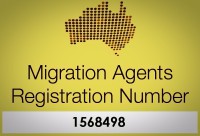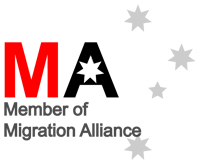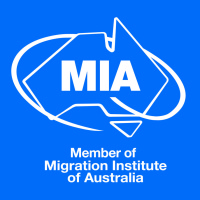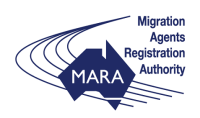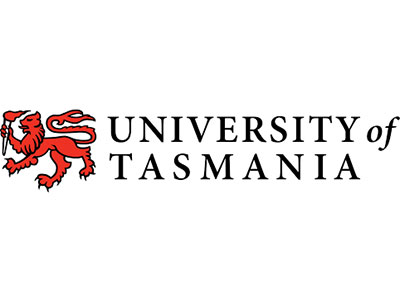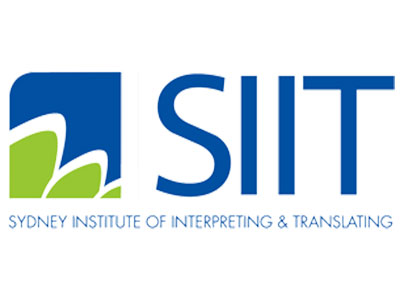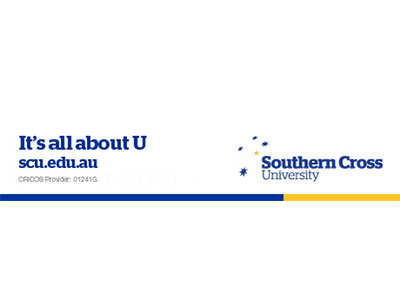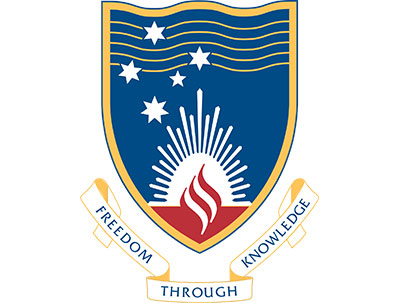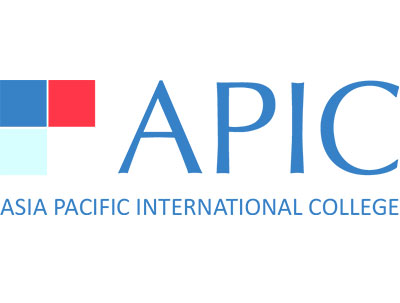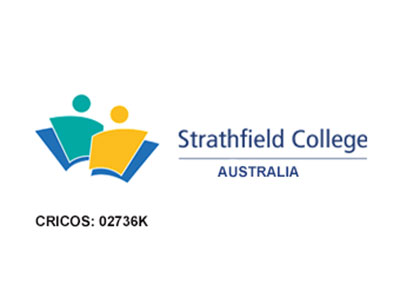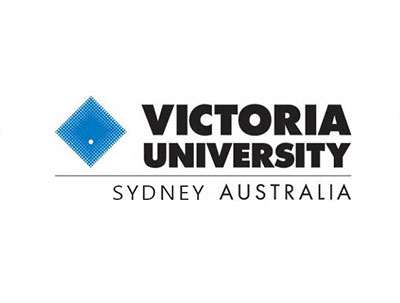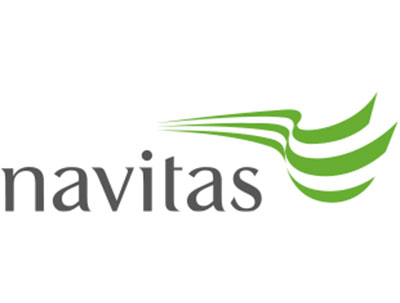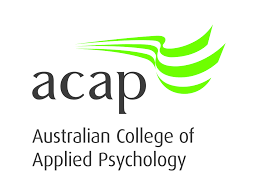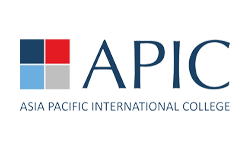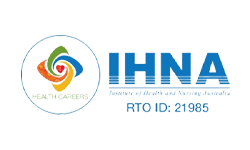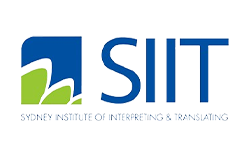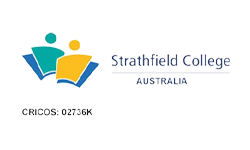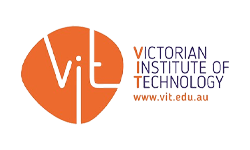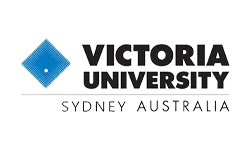
Permanent Migration Program
The Government has set the 2024–25 permanent Migration Program planning level at 185,000 places, with 132,200 (approximately 70%) allocated to the Skill stream. This allocation underscores the focus on attracting skilled migrants to fill critical roles and support economic growth. From 2025–26, the planning horizon for the program will extend from one year to four years, aiming to better manage migration and provide greater certainty for planning. This strategic shift is expected to reduce net overseas migration by 110,000 people over the forward estimates from 1 July 2024. Net overseas migration is forecast to halve from 528,000 in 2022–23 to 260,000 in 2024–25, reflecting a more controlled and sustainable approach to managing migration inflows.
Migration System Reforms
To further reform Australia’s migration system and drive greater economic prosperity, the Government will provide $18.3 million over four years from 2024–25. Key initiatives include:
- $15 million over three years for information and education activities to ensure migrant workers receive accurate and appropriate information about workplace safeguards, protections, and compliance measures related to migration laws. This initiative aims to empower migrant workers with knowledge, ensuring they are aware of their rights and can protect themselves against exploitation and unfair treatment.
- $1.9 million in 2024–25 for a data-matching pilot between the Department of Home Affairs and the Australian Taxation Office. This pilot aims to cross-reference income and employment data to mitigate the exploitation of migrant workers and prevent abuses within Australia’s labor market and migration system. By leveraging data-sharing capabilities, the Government seeks to create a more transparent and accountable system.
Staffing and Agency Resources
The estimated average staffing levels for 2023–24 represent a significant investment to rebuild service delivery capacity and capability. This includes converting additional contractors and allocating resources to Services Australia to address the impacts of under-resourcing and reduce backlogs. The Department of Home Affairs will also receive resources to improve visa processing capabilities, aiming to reduce wait times and enhance efficiency. This investment is critical to ensuring that the migration system operates smoothly and effectively, providing timely and efficient services to migrants and stakeholders.
Southeast Asia Engagement
The Government will provide $505.9 million over five years from 2023–24 to deepen Australia’s engagement with Southeast Asia. This funding includes $1.1 million over two years to improve visa access and provide long validity business and frequent traveller visas for ASEAN member countries and Timor-Leste. This initiative is part of the broader strategy outlined in ‘Invested: Australia’s Southeast Asia Economic Strategy to 2040’. By enhancing visa access and streamlining processes, the Government aims to strengthen economic and diplomatic ties with Southeast Asian nations, fostering greater collaboration and mutual growth.
Work and Holiday Visa Changes
To manage demand and improve application processing times, the Government will introduce a pre-application ballot process for the capped Work and Holiday (subclass 462) visa program for China, Vietnam, and India starting in 2024–25. A ballot charge of $25, indexed to the Consumer Price Index, will apply. This new process aims to ensure a fair and transparent system for allocating visas, preventing oversubscription and long wait times. By managing demand more effectively, the Government hopes to enhance the experience for applicants and streamline the application process.
New Mobility and Innovation Programs
- Mobility Arrangement for Talented Early-professionals Scheme (MATES): Starting from 1 November 2024, this program will create a new mobility pathway for 3,000 Indian graduates and early career professionals, aged 18 to 30, to live and work in Australia for up to two years. This visa will include a pre-application (ballot) charge of $25 and an application charge of $365, both indexed to the Consumer Price Index. The MATES program aims to attract young talent with skills and knowledge in targeted fields, contributing to Australia’s innovation and growth.
- National Innovation Visa: Replacing the current Global Talent visa (subclass 858) from late 2024, this new visa aims to attract exceptionally talented migrants who will drive growth in key sectors of national importance. The focus will be on individuals with extraordinary skills and achievements, particularly in areas critical to Australia’s future prosperity.
Temporary Skill Shortage Visa
From 23 November 2024, the work experience requirement for the Temporary Skill Shortage (subclass 482) visa will be reduced from two years to one year for all applicants. This change aims to address skill shortages more rapidly and efficiently by allowing skilled workers to enter the Australian labor market sooner. By reducing the work experience requirement, the Government hopes to attract a larger pool of qualified candidates, helping to fill critical skill gaps in various industries.
Administrative Review Tribunal
The Government will invest $1 billion over five years to establish the Administrative Review Tribunal (ART), which will replace the Administrative Appeals Tribunal (AAT). This investment includes:
- $854.3 million over four years for a capped, flexible demand-driven funding model for the ART, enabling it to finalize 100% of case lodgements each year. This includes improved regional accessibility and pilot programs for First Nations Liaison Officers and user experience improvements. The ART will provide a more efficient and effective review process, ensuring timely and fair outcomes for migration cases.
- $75.1 million over five years to support agencies transitioning from the AAT to the ART. This funding will ensure a smooth transition and continued support for ongoing cases.
- $2.4 million in 2024–25 for the AAT to continue merits review of unsuccessful protection visa applications eligible for fast-track review under the Migration Act 1958.
Additionally, $115.6 million over four years will address high migration backlogs in federal courts, including establishing two migration hubs dedicated to hearing migration and protection matters. These measures aim to reduce delays and improve the efficiency of the judicial review process for migration decisions.
ICT Improvements and Settlement Services
Investments in ICT solutions aim to modernize the assessment of trade skills for skilled migrants by Trades Recognition Australia, making skilled workers more rapidly available to employers. This initiative will support the delivery of the Government’s migration and skilled workforce objectives by ensuring that skilled migrants can be quickly and efficiently assessed and placed in suitable roles.
Additionally, the Government will provide $120.9 million over five years to enhance settlement services for refugees and migrants, focusing on better economic and social outcomes. This includes targeted support for refugee and migrant youth, women experiencing domestic violence, and Afghan humanitarian entrants. Key initiatives include:
- $86.6 million over five years for the Humanitarian Settlement Program to support settlement service delivery for refugees and migrants.
- $27 million over three years to extend targeted support, including Youth Transition Support services to assist refugee and migrant youth in accessing education, employment, and government services, and specialized support for refugee and migrant women experiencing domestic and family violence as part of the Settlement Engagement and Transition Support (SETS) Program.
- $3.8 million over four years to continue conversational English classes in Community Hubs, helping migrants improve their language skills and integrate more effectively.
- $1.9 million over five years to extend access to Medicare for Ukrainians and their immediate family members holding a Bridging visa E until 30 June 2027.
- $1 million in 2025–26 to extend the Community Refugee Integration and Settlement Pilot to 30 June 2026, continuing settlement services provided by community volunteers.
- $0.6 million over four years to enhance management of humanitarian settlement programs, ensuring effective delivery and support for migrants and refugees.
Cyber Security and Machinery of Government Changes
The Government will continue to strengthen cybersecurity efforts, including the establishment of the National Cyber Security Coordinator. This role will facilitate cooperation across the economy to manage and recover from major cyber incidents. Funding will also support the Counter Foreign Interference Taskforce, enhancing efforts to counter foreign interference and espionage threats.
Additionally, there will be machinery of government changes, including the transfer of cyber-security related policy functions from the Digital Transformation Agency to the Department of Home Affairs, and the transfer of the identity and biometrics function from the Department of Home Affairs to the Attorney-General’s Department. These changes aim to streamline operations and improve the efficiency of government functions related to cybersecurity and identity management.
Department of Home Affairs Supplementation
An additional $100 million in 2024–25 will support the Department of Home Affairs in performing core functions, including Australian Border Force operations, immigration compliance activities, and maintaining critical systems. This funding is essential to ensure the Department can effectively manage its responsibilities and continue to provide critical services.
These comprehensive changes demonstrate the Government’s commitment to a well-managed migration system that supports Australia’s economic growth, strengthens system integrity, and ensures the welfare of migrants and refugees. The reforms and investments outlined in the 2024-25 Federal Budget aim to create a more efficient, fair, and transparent migration system that benefits both migrants and the broader Australian community.






